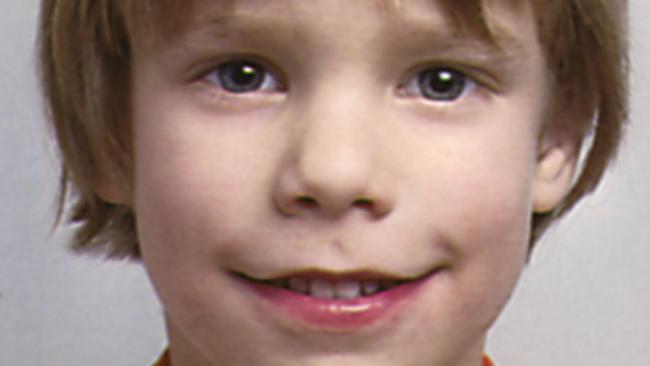Best chance of getting a job may be off traditional trail
YOUNG jobseekers in Tasmania have been urged to look towards new growth industries rather than fight for jobs in declining occupations.

Jobs
Don't miss out on the headlines from Jobs. Followed categories will be added to My News.
YOUNG jobseekers in Tasmania have been urged to look towards new growth industries rather than fight for a dwindling number of jobs in declining occupations.
The Beacon Foundation says there are opportunities around the state for young Tasmanians — but 21st century career paths might not look anything like the jobs of their parents’ generation.
Beacon state manager Nick Probert said growth industries — such as aquaculture, tourism, hospitality and age care — were taking over from traditional jobs in primary industry such as forestry and mining.
“There are high levels of youth unemployment around that state but at the same time there are opportunities in growth industries,” he said.
Tasmania’s youth unemployment rate is just over 15 per cent compared with the state’s average jobless rate of 6.2 per cent.
As well as the growth in service sector jobs, Mr Probert said the future was bright for young people getting a STEM (science, technology, engineering and mathematics) education.
Some 75 per cent of the fastest growing occupations required STEM skills, but only 16 per cent of students are studying them.
“There are fantastic careers out there for kids — but there is not always the awareness of them,” Mr Probert said.
Tasmanian Small Business Council executive officer Robert Mallett said 60 per cent of the state’s 37,000 small enterprises had no employees at all, but many wanted to take on a staff member.
A Federal Government initiative due to start next year would assist small business operators who felt daunted by the risk and cost associated with hiring a staff member, he said.
The $752 million Federal Government program would pay $1000 each to businesses that take on an intern and $200 a fortnight on top of their regular income to jobseekers taking the internships.
Mr Mallet said the PaTH (Prepare, Trial, Hire) program would let small business operators see if the intern could become a new staff member.
“It gives the small business an opportunity to test out that person and gives the employee a chance to test out the business,” Mr Mallet said.
A shortage of labour was a significant problem for many businesses in Tasmania because they struggled to find appropriate staff.
One of the best ways for young people to become work ready was to get a part-time job while still at school.
“Very few young people who have a job before they finish school, whether at Coles or the local hairdresser, are out of work when they finish school,” Mr Mallett said.
Tasmanian Council of Social Service chief executive Kym Goodes said the rise of the sharing economy and the services sector was an excellent opportunity to harness the innate creativity and energy of Tasmanians currently looking for work.
“We can create a culture of entrepreneurialism, develop skills and provide access to capital for self-employment, including social capital,” she said.
Do you have a job for a first-time job seeker? Email 5000jobs@news.com.au and join our campaign.
4000 kick-starts up for grabs

THREE of Australia’s biggest youth employers — McDonald’s, KFC and Coles — have pledged 4000 jobs to young jobseekers to kick off News Corp’s 5000 Jobs In 50 Days.
This campaign is a call to action for employers to give young workers a go and is in response to a national youth unemployment rate of 13.2 per cent, more than double the 5.7 per cent overall unemployment rate.
Coles managing director John Durkan, who has pledged 2000 positions to the campaign, said these first jobs gave young people independence and a direction for their career.
“It’s a great start in life when you do some part-time work,” he said.
“It makes you feel like you have some freedom, you’re starting to mature and have your own life.”
Coles hired 8000 people age 21 or younger last year.
“They bring energy, excitement and newness to the organisation. For old timers like me, they challenge the status quo,” Mr Durkan said.
KFC Australia managing director Tony Lowings said Generation Y and Z worked differently to others.
“They want to work in an organisation that values them as a human being. We really pride ourself on creating a lovely working culture in our stores,” he said. KFC Australia has pledged 1000 jobs to the campaign.
“They might go on to become a nurse or helicopter pilot or whatever but we want to set them up and that’s our contribution to society.”
McDonald’s Australia has pledged another 1000 jobs. Chief people officer Cathy Doyle said young workers could also use their first job to gain nationally recognised qualifications.
“We invest over $40 million in training every year but that’s what makes them hit the ground running and makes them a constructive worker,” she said.
— MELANIE BURGESS
Originally published as Best chance of getting a job may be off traditional trail


